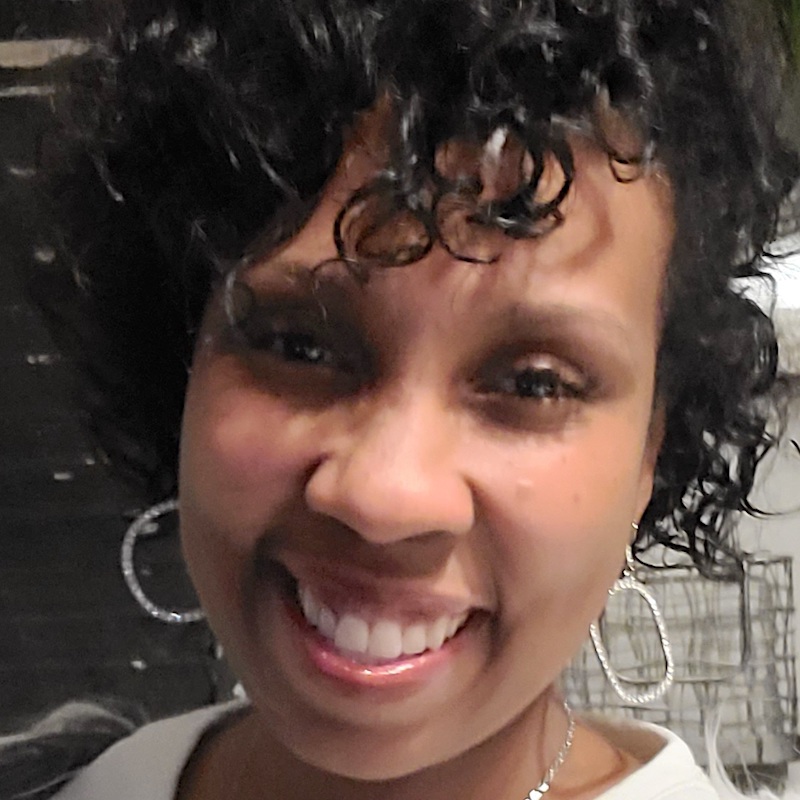Breadcrumbs
Coasters and Corkscrews: Amusement Park Physics
- Grades 5-6
- CTY-Level
-
LIVE
- Science and Engineering
Have you ever wondered why you slide into your friend when you're on the Tilt-A-Whirl, or why you don't fly out of a rollercoaster even when you're traveling upside down? Examine the physics of our everyday lives and how these forces work in popular amusement parks.
Explore key concepts such as acceleration, gravity, and potential and kinetic energy as you investigate how rides are engineered to utilize these concepts for thrilling results.
Using virtual lab spaces and simple building products, design your own amusement park rides, employing Newtonian mechanics to maximize your results.
Fall and Spring Time Commitment: 4-5 hours per week (1-hour of class time, 3-4 hours of independent work).
Summer Time Commitment: 12-15 hours per week (3-hours of class time, 9-12 hours of independent work).
This course is
ungraded.
Classes
Register for an Online course by selecting an open class below. If no open classes are listed, then course enrollment is currently closed. Note: You will need to have an active CTY Account to complete registration through MyCTY.
Testing and Prerequisites
| Math | Verbal | |
|---|---|---|
| Required Level | CTY-Level | Not required |
Students must achieve qualifying scores on an advanced assessment to be eligible for CTY programs. If you don’t have qualifying scores, you have several different testing options. We’ll help you find the right option for your situation.
Sign up for Testing Learn MoreCost and Financial Aid
Tuition
- Varies
Application fee
- Nonrefundable Application Fee - $15 (Waived for financial aid applicants)
- Nonrefundable International Fee - $20 (outside US only)
CTY Financial Aid Availability for Online Programs
Academic Year 2025-26 (Course start dates July 1, 2025- June 30, 2026): Financial Aid funding is currently available for all eligible students while funding lasts. If interested in applying for financial aid, please select a course with start date of July 1, 2025, or later.
Course Materials
Please acquire all course materials by the course start date, unless noted as perishable. Items marked as “perishable” should not be acquired until the student needs them in the course. If you have questions about these materials or difficulty locating them, please contact [email protected].
- String
- Steel marble (glass marbles are OK)
- Foam pipe insulation (diameter large enough for the marble) 30 cm metric ruler
Technical Requirements
This course requires a computer with high-speed Internet access and an up-to-date web browser such as Chrome or Firefox. You must be able to communicate with the instructor via email. Visit the Technical Requirements and Support page for more details.
This course uses a virtual classroom for instructor-student communication. The classroom works on standard computers with the Zoom desktop client, and on tablets or handhelds that support the Zoom Mobile app. Recorded meetings can only be viewed on a computer with the Zoom desktop client installed. The Zoom desktop client and Zoom Mobile App are both free to download.
About Science and Engineering at CTY
Our Science and Engineering courses bring a variety of science topics to life. By introducing topics not covered in standard science curricula, we build and reinforce your science knowledge. All courses support critical thinking, problem solving, and reasoning, and encourage a real-life, hands-on approach to learning about Earth, space, life sciences, chemistry, and the physical world. Guided by expert CTY science educators, you’ll master science lab kits, perform hands-on experiments using common household objects, participate in dynamic group discussions, or prepare for AP exams.
More engaging science enrichment courses!
In the newly revised Inventions in Engineering course, students bring fantasy into reality by creating inventions to solve the problems of favorite fictional characters and the real world alike. A new unit in Introduction to Forensics asks students to evaluate the validity of various kinds of forensic evidence and its impact on the lives of individuals, and to provide recommendations on which types of forensic evidence should be admissible in the criminal justice system. In Household Chemistry, students engage in newly revised activities that help develop their skills in making and recording detailed observations using all 5 senses as they explore states of matter and the role chemistry plays in their daily lives.



